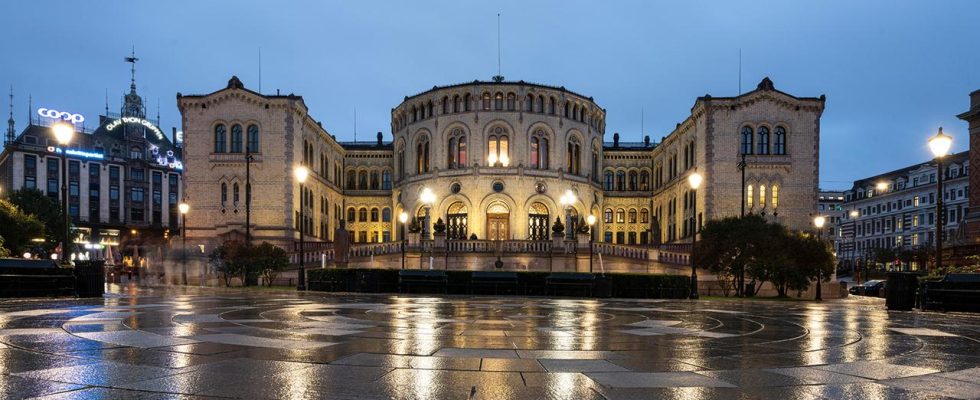In Norway, the parliament has spoken out in favor of mining rare earths off its coast. This does not mean the start of drilling. Environmental activists and researchers are already warning about the consequences.
A manganese nodule is a small black chunk about the size of a potato. But it has something special: In addition to manganese, it also contains rare earths, which play a key role in green technologies such as the construction of wind turbines or electric cars. The catch: The tuber grows at depths of up to 6,000 meters – on the seabed of the Norwegian continental shelf. An area that has so far been spared from commercial mining.
But that could change soon. The government in Oslo is pushing ahead with the plan to gradually open more than 280,000 square kilometers of its seabed to deep-sea mining. Now the Storting, the Norwegian parliament in Oslo, voted for this plan.
“Yes, we listen to the research”
Pedro Ribiero is head of the Center for Deep Marine Research in Bergen. Like many other scientists, he warns of irreversible environmental damage: “You can’t extract minerals from the seabed without it having consequences,” he says. “But we don’t yet know how big these consequences could be.”
In November last year, around 120 EU parliamentarians also appealed to Norwegian MPs to vote against deep-sea mining. Nevertheless, the plan has so far been supported by all four major Norwegian parties – including the opposition.
Prominent protest against the legalization of deep-sea mining in front of Norway’s parliament: MP Arild Hermstad, French climate activists Camille Etienne and Anne-Sophie Roux and French actor Lucas Bravo.
Norway’s Energy Minister Terje Aasland also defends the project. “We believe it can be done in a sustainable way,” he recently told a reporter. When she replied: “Don’t you listen to the research?”, he replied: “Yes, we listen to the research. We won’t start mining immediately – what we do is lay the foundation for opening up an area. “
The argument: rare earths for the energy transition
The Scandinavian kingdom could now be one of the first countries to explore the seabed for mineral resources. Lawyers suspect that Norway would have to prepare for several international legal proceedings if mining actually began. The country has signed various international treaties whose core concerns could be thwarted by the consequences of deep-sea mining.
However, in this context, the center-left government repeatedly cites the enormous need for minerals and rare earth materials: These are urgently needed for the green energy transition.
Kaja Lønne Fjærtoft, an expert on marine issues from WWF Norway, considers this argument to be questionable. “This is going against the opinion of top European research, which unanimously says that it is greenwashing to claim that these minerals are necessary for the green transition,” she says.
Companies must apply
Norway is the largest oil and gas producer in Europe. With the looming end of fossil energy production, the pressure to find new marketing sources is increasing.
The decision in Parliament this week does not mean that drilling will begin immediately. Companies interested in mining must now apply to Parliament for licenses.
Ann-Brit Bakkenbüll, ARD Stockholm, tagesschau, January 10, 2024 12:04 p.m

